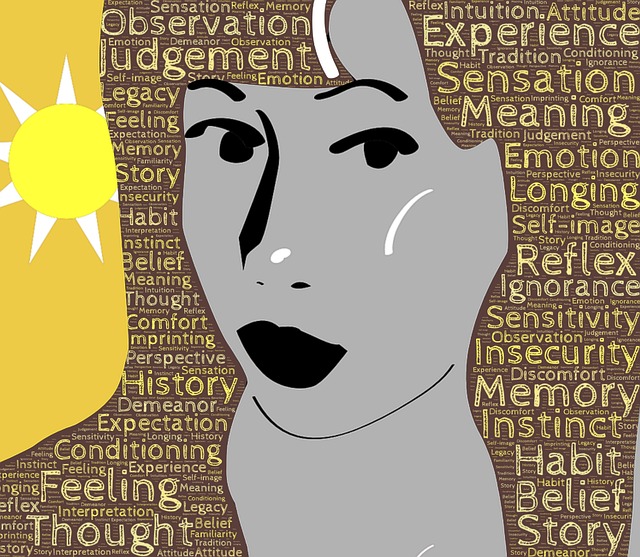Clare Bowditch – singer, storyteller and actor – recently released a biography titled, Your Own Kind of Girl. In the book, which she had been attempting to write since she was 21, Clare discusses how she dealt with her inner critic which was all encompassing and destructive. Clare writes that the book is “about the stories we tell ourselves, and what happens when we believe them”. She lived in hope that someone would tell her that she was “more than” her grief, her failures and the negative stories about herself that she constantly carried in her head. Clare explained that the title of the book is drawn from a song she wrote in 2008 and, to this day, she is immensely moved by the lyrics in the second verse, including the words, “You are fine, you’re more than enough”. The book is about her painful journey to come to this realisation – a journey that is a common story for many people, particularly women.
The debilitating effects of the inner critic
In an earlier blog post, I spoke about the negative self-stories that we perpetuate, partly because our brain has a negative bias but also because of social pressures and the materialistic values that are propagated on an hourly basis through intrusive advertising and image making in videos and films. Our self-stories can undermine our self-esteem, entrap us in a sense of helplessness and create a negative spiral leading to anxiety and depression. These stories, often based on irrational fears, can become deeply ingrained and extremely difficult to shift. They can blind us to creative options, block the realisation of our potential and harm our interpersonal relations.
Self-compassion to overcome the inner critic and negative self-stories
Tara Brach recently released a book titled Radical Compassion: Learning to Love Yourself and the World with the practice of R.A.I.N. This meditation practice involves four basic steps – recognise, accept, investigate and nurture. Tara provides a brief example of this process in a 9-minute, guided meditation, Reflection: Healing Self-Blame. Below are some of the key points in this meditation that is based on the R.A.I.N. approach:
- The starting point is to recognise some aspect of your life where your inner critic is active. It does not have to be a major example of self-denigration – it could be some relatively minor self-critique, e.g. focusing on your failure sometimes to really listen to someone or diverting a conversation to establish your credentials. The important thing is to have a focus for this meditation. More complete self-awareness can grow out of recognising even a small aspect of the inner critic in our life – this can puncture a hole in the wall of self-protection that blocks our self-realisation.
- As we progress in the meditation, we come to a point of self-acceptance. This involves acknowledging what we say and do but also accepting that we have an innate goodness and that we are not defined by our thoughts – that we are “more than” our negative self-evaluation. In Clare’s words, “You are fine, you’re more than enough”.
- Our investigation of the impacts of our inner critic extends to recognising bodily sensations as well as feelings that flow from the inroads that negative self-stories make on our sense of self-worth. We can experience tension in our muscles, pain (e.g. in our arms, neck and back), headaches or a nervous twitch when our inner critic is running rampant in our thoughts. A body scan and progressive tension release can help here. The key thing is to experience the impact of our negative self-story in a holistic way – this builds awareness and increases our understanding of the negative impacts of our inner critic.
- Lastly, we reach the stage of self-nurturing in the meditation process. This can be expressed physically by placing your hand on your heart or mentally through naming the self-criticism and countering with expression of self-forgiveness, acknowledgement of your positive contributions and achievements and gratitude for all that you have in life – opening yourself to what is good in you and what is wonderful in the world around you.
Reflection
Our inner critic is deeply entrenched and can be very damaging to our self personally, and to our relations, both at work and at home. As we grow in mindfulness through meditation and especially the R.A.I.N. meditation, we can become more aware of our inner critic (negative self-stories), understand its impacts physically and mentally and develop strategies to counter its inroads into our sense of self-worth. As both Clare and Tara point out, dealing with the inner critic can create a new sense of freedom and realisation of our true potential.
____________________________________________
Image by John Hain from Pixabay
By Ron Passfield – Copyright (Creative Commons license, Attribution–Non Commercial–No Derivatives)
Disclosure: If you purchase a product through this site, I may earn a commission which will help to pay for the site, the associated Meetup group and the resources to support the blog.

